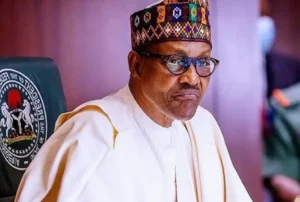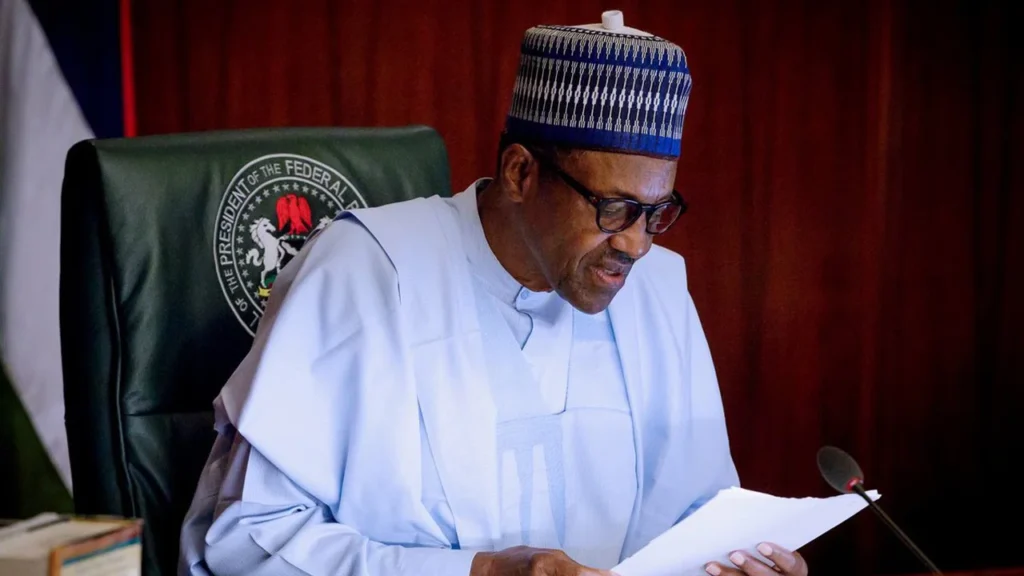President Muhammadu Buhari officially signed the Electoral Act Amendment Bill 2022 into law, marking a pivotal moment in Nigeria’s democratic evolution. The signing came after months of back-and-forth between the executive and legislative arms of government, as well as extensive advocacy from civil society groups pushing for transparency and modernization of the nation’s electoral framework.
The bill had previously encountered repeated delays, particularly over controversial clauses such as the mode of political party primaries and the electronic transmission of election results. While the National Assembly had passed the bill in late 2021, President Buhari initially withheld assent, citing concerns over restricting parties to direct primaries only—a provision he deemed undemocratic and financially burdensome.
Major Electoral Reforms Included in the New Law
The newly signed Electoral Act introduces far-reaching reforms designed to enhance electoral credibility, transparency, and efficiency. Among its most significant provisions is the legal backing for electronic transmission of results, which the Independent National Electoral Commission (INEC) had long requested in order to curb vote tampering and reduce post-election disputes.
Other key provisions in the law include:
-
Early release of funds to INEC at least one year before the general election.
-
Clear timelines for party primaries and candidate nomination processes.
-
The introduction of electronic accreditation of voters using technological devices like the BVAS (Bimodal Voter Accreditation System).
-
Specific penalties for electoral offenses such as vote buying and falsification of results.
Analysts and election observers welcomed the amendments, saying the provisions could significantly reduce irregularities that have historically marred Nigeria’s elections.

Buhari Explains Reasons for Initial Delay
While signing the bill, President Buhari expressed his satisfaction with the final version but emphasized the need for ongoing improvements to Nigeria’s legal and institutional frameworks. He noted that his earlier refusal to assent was not an attempt to sabotage reforms but to ensure that the law did not impose rigid, impractical mandates on political parties.
“I received strong feedback from political stakeholders and civil society, and my primary goal was to allow for an inclusive democratic process,” Buhari stated. “This law now provides a flexible structure for party primaries and strengthens INEC’s capacity to conduct credible elections.”
The President, however, directed the National Assembly to review Section 84(12) of the Act, which bars political appointees from voting or being voted for at party conventions unless they resign first. Buhari argued that the clause contradicts constitutional rights and requested legislative reconsideration.
INEC and Civil Society React Positively
The Independent National Electoral Commission (INEC) expressed optimism following the bill’s enactment, stating that the new legal backing for its operations would help build public trust. The Commission noted that the law aligns with its ongoing efforts to introduce technology-driven procedures and streamline the election process ahead of the 2023 general elections.
Civil society groups, including election watchdogs and pro-democracy advocates, hailed the signing as a victory for electoral integrity. Many had organized town halls, protests, and petitions urging the executive to act promptly.
“This is a major win for Nigerian democracy,” said one prominent electoral reform advocate. “We now have a more transparent and accountable process to work with, though continued vigilance is necessary to ensure full implementation.”
Impact on Upcoming 2023 General Elections
With general elections scheduled for February 25, 2023, the new Electoral Act arrives just in time to reshape the preparation and conduct of the polls. The reforms are expected to improve the logistical and operational effectiveness of INEC while limiting the capacity for political manipulation.
Political analysts suggest the law could shift campaign strategies, influence the emergence of candidates, and provide a more level playing field, particularly for emerging parties and independent candidates.
However, they also warned that legal battles could arise from controversial clauses such as Section 84(12), especially if political appointees are disqualified for failing to resign in line with the new stipulation.
Conclusion: A Landmark Moment for Electoral Reform
President Buhari’s assent to the Electoral Act Amendment Bill 2022 stands as one of the most consequential political developments of his administration’s final term. The legislation not only introduces vital structural improvements but also signals the country’s growing commitment to credible, free, and fair elections.
While the path to reform was slow and contentious, the eventual passage and signing of the bill demonstrate that meaningful change is possible through sustained public pressure, bipartisan legislative cooperation, and executive resolve.
As the 2023 elections approach, all eyes will now turn to how faithfully the reforms are implemented—and whether they will indeed produce a more transparent and trusted electoral process in Africa’s most populous democracy.







